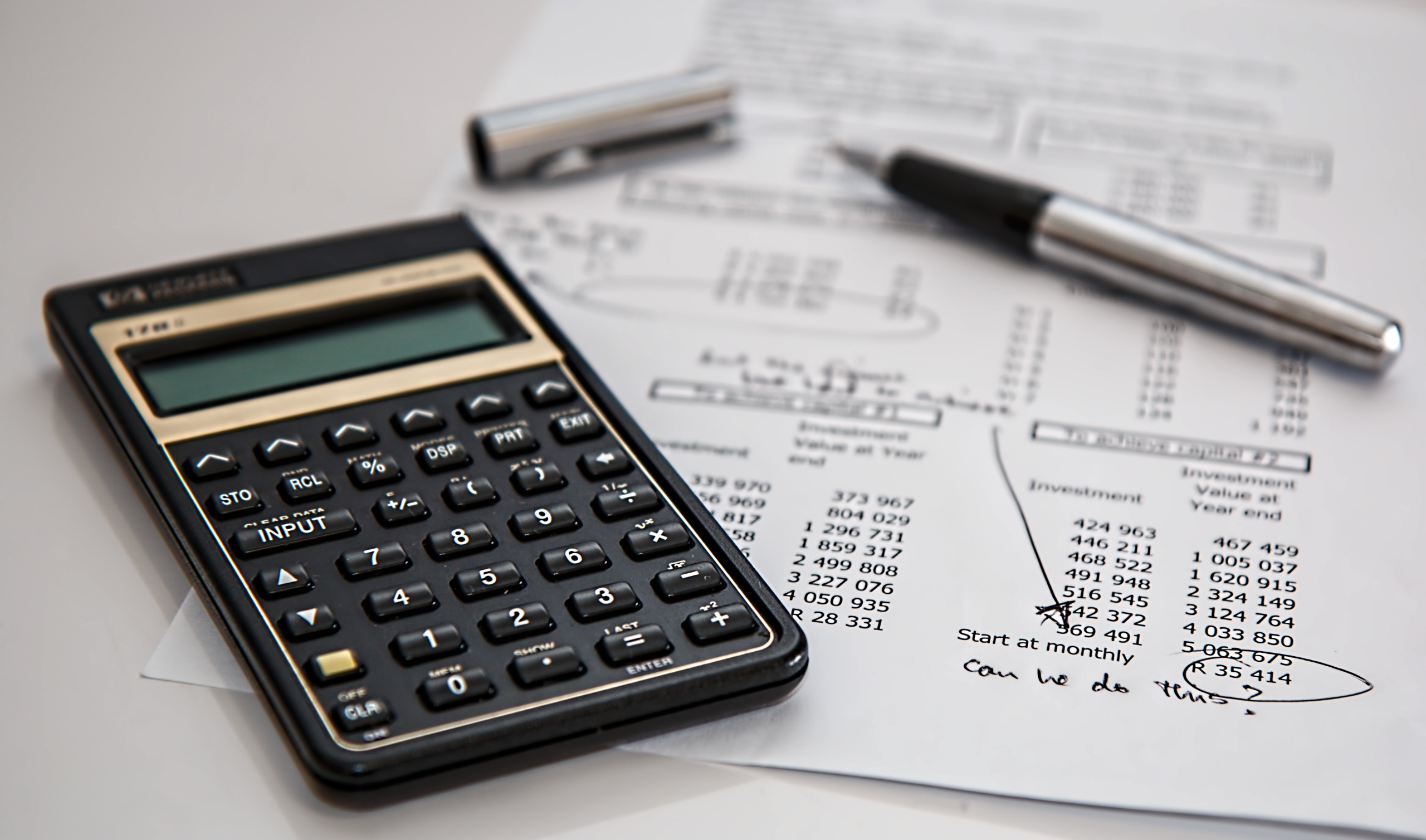Introduction
Life is full of surprises, both positive and negative. Although we often celebrate nice surprises, it is important to be prepared for unexpected events that can have a significant impact on our lives. Financial preparation plays a key role in overcoming the challenges that unforeseen circumstances may present. In this article, we look at practical steps to help you financially prepare for unexpected life events.
Life has a way of throwing surprises at us when we least expect it. These unexpected events can include sudden job loss and medical emergencies, as well as natural disasters and unexpected expenses. Financial preparation can help alleviate the stress and uncertainty that comes with such events.
Assess Your Current Financial Situation
Before beginning any financial preparation plan, it is important to assess your current financial situation. First, assess your income, expenses and any financial obligations you may have. This assessment allows you to fully understand your financial capabilities and limitations.
Establishing an Emergency Fund
One of the most important aspects of financial preparation is establishing an emergency fund. This fund acts as a safety net in difficult times and covers unexpected expenses. Try to save at least three to six months. the value of the maintenance costs in the emergency fund. Start putting aside some of your income on a regular basis, even if it’s a small amount. Over time, your emergency fund will grow and give you a sense of security.
Reviewing and Updating Insurance Coverage
Insurance plays an important role in protecting you and your loved ones from financial hardship. Check your existing insurance policies and make sure they adequately cover your needs. Think of health insurance, life insurance, disability insurance and property insurance, among others. Update your protection as needed to ensure you’re adequately protected.
Budgeting and Debt Management
Budgeting is a powerful tool for managing your finances and preparing for the unexpected. Create a comprehensive budget detailing your income, fixed costs, and discretionary expenses. Monitor your spending behavior and identify areas where you can reduce unnecessary spending. Also, manage your debt responsibly by paying off high-interest debt and avoiding unnecessary borrowing.
Investing in the future
Financial preparation goes beyond immediate needs. It is important to plan for the future and invest wisely. Consider long-term investment opportunities such as stocks, bonds, mutual funds, or real estate. Investing early and regularly can help you build wealth and achieve your long-term financial goals.
When investing, it is important to diversify your portfolio. Spread your investments across different asset classes to minimize risk. Consider seeking advice from a financial advisor who can help you make informed investment decisions based on your risk tolerance and financial goals.
Seeking professional financial advice
Navigating the complexities of financial preparedness can be challenging on your own. Consulting a financial advisor can provide valuable insights and expertise. A professional can assess your financial situation, help you set realistic goals, and develop a customized plan tailored to your needs. Research and choose a reputable advisor who has your best interests at heart.
Protecting important documents and assets
In times of unexpected events, having easy access to important documents is crucial. Organize and store essential documents such as identification papers, insurance policies, wills, and property deeds in a secure location. Consider digitizing important documents and keeping backups in cloud storage for added protection. Safeguard your assets by implementing appropriate security measures, such as home security systems or insurance coverage.
Teaching financial literacy to family members
Financial preparedness should be a family affair. Educating your loved ones, especially children, about money management instills valuable skills that can benefit them throughout their lives. Involve your family in financial discussions and teach them about budgeting, saving, and responsible financial habits. By promoting financial literacy within your household, you create a foundation for a financially secure future.
Reassessing and adjusting financial plans.
Life is ever-changing, and so are your financial needs and goals. Regularly review and adjust your financial plans to align with your current circumstances. Monitor your progress, revisit your goals, and make necessary adjustments. Whether it’s a new job, marriage, or the birth of a child, adapt your financial plans to accommodate life’s milestones and unexpected changes.
Conclusion
Financial preparedness is not a one-time task but an ongoing process. By following the steps outlined in this article, you can enhance your ability to weather unexpected life events with greater resilience and confidence. Remember to assess your current financial situation, build an emergency fund, review insurance coverage, create a budget, invest for the future, seek professional advice, protect important documents and assets, teach financial literacy to your family, and regularly reassess your financial plans. By taking these proactive measures, you can attain financial peace of mind and be better prepared for whatever life may throw your way.
Frequently Asked Questions (FAQs)
- How much should I save in my emergency fund?
The general guideline is to save three to six months’ worth of living expenses. However, the ideal amount may vary based on individual circumstances and risk tolerance.
- Should I prioritize paying off debt or building an emergency fund?
Both are important. It’s advisable to have a small emergency fund while simultaneously working towards reducing high-interest debt. Once the debt is under control, focus on growing your emergency fund.
- How often should I review my insurance coverage?
Regularly review your insurance coverage at least once a year or whenever there are significant life changes such as marriage, having children, or purchasing a new home.
- Can I invest for the future with a small amount of money?
Yes, even a small amount can be invested. Consider options like mutual funds or exchange-traded funds (ETFs) that allow you to invest with low minimum amounts.
- What should I look for when choosing a financial advisor?
Look for a certified financial planner (CFP) with a good reputation, relevant experience, and a fiduciary duty to act in your best interest. Ask for referrals, check credentials, and conduct interviews before making a decision.


